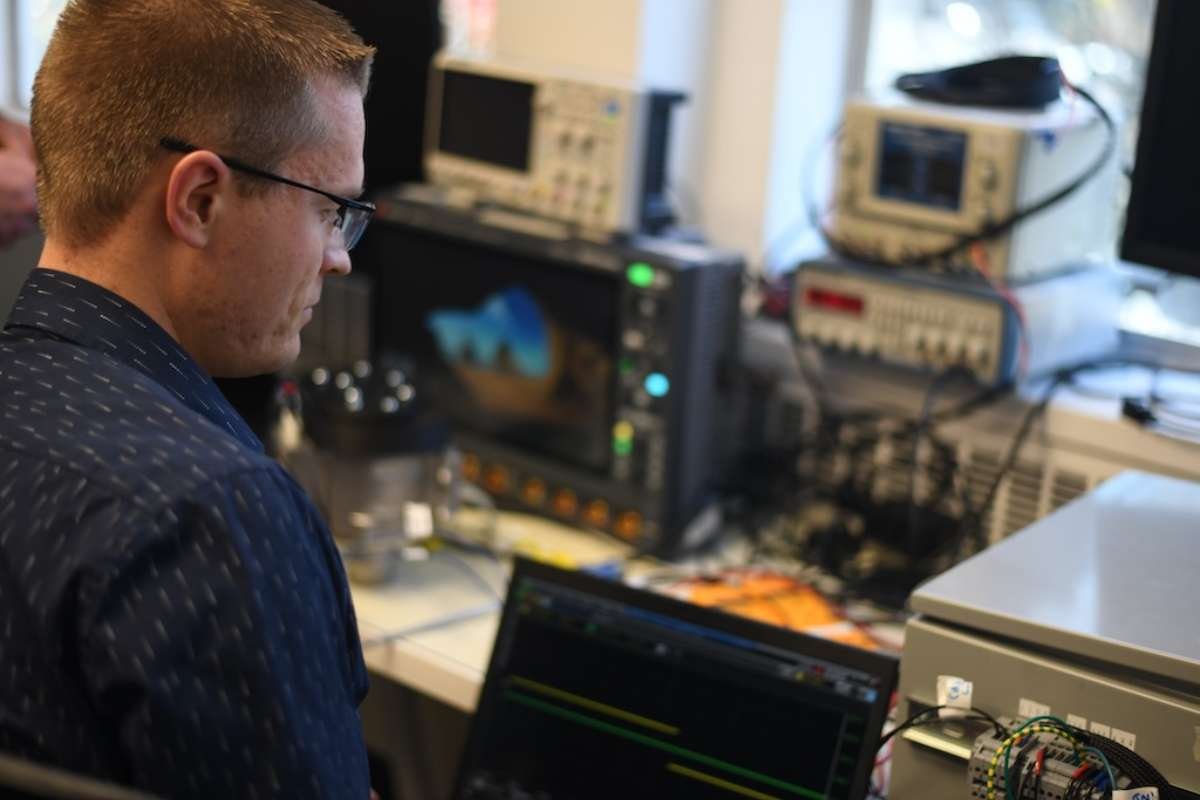Slot machine psychology goes beyond flashy casino games, offering fascinating insights into human behavior, probability, and behavioral economics. By studying how they function, we can gain valuable insights into risk assessment, reward systems, and decision making under uncertainty, whether or not we gamble ourselves. Understanding their mechanics will only further assist our decision-making processes for everyday situations, from financial investments to goal setting and beyond.
Psychology and Strategy Behind Slot Games:
1. Control and Random Outcomes
UK slot machines use Random Number Generators (RNGs), complex algorithms designed to ensure every spin on a slot machine is completely independent and unpredictable. No matter how often or long between spins you press the button or how long between tries you wait between spins, the outcome is always determined by chance – yet many players develop rituals–such as pulling the lever at a certain angle or blowing on dice in craps–thinking they influence results; this illusion of control is well documented cognitive bias where people overestimate their power over random events.
Slot machine psychology extends beyond gambling, influencing behaviors in investing, sports, and business decision-making. Investors may try to “time the market,” sports fans rely on “lucky” jerseys, and business leaders credit instincts over external data. Distinguishing skill-based choices from pure chance is crucial—rather than chasing unpredictable patterns, focus on controllable factors like setting budgets, understanding probabilities, and knowing when to walk away.
2. Near Misses as Motivation

Slots games in the UK are expertly engineered to include near-misses, in which reels stop just one symbol short of winning big. Researchers have discovered that near-wins activate similar dopamine pathways as real wins, making players feel compelled to keep spinning in hopes of hitting it big! Often players think drawn back into spinning as soon as one small win leads them back towards believing there could be another big payout just around the corner, encouraging a false sense of progress for all involved.
- Psychological tricks don’t only appear in casinos. They have numerous applications throughout life.
- Video games rely heavily on near misses (such as almost unlocking a reward) to keep players engaged with the gameplay experience.
- Sales professionals who come up just short of bonuses may work harder, yet also experience frustration.
- Social media algorithms tantalize users with “viral-like” interactions to encourage further posts.
Recognizing when near-misses inspire rather than lead to unproductive persistence is key to maximizing time, money, and emotional energy efficiency. Setting clear goals and knowing when to assess strategy rather than unthinkingly chasing after every “almost win” can save time, money, and emotional energy in the long run.
3. Variable Rewards and Addictive Feedback Loops

Slot machine psychology is rooted in variable ratio reinforcement, a principle where rewards are given at unpredictable intervals, making engagement highly addictive. This principle is used across social media likes, mobile game loot boxes, and even fishing—you never know when your next payoff might arrive, so engaging is highly addictive compared to predictable rewards (such as fixed salary payments). Studies demonstrate that this difference significantly increases addiction levels over predictable rewards ( such as fixed salaries).
Variable rewards pose a danger in that they interfere with our natural decision-making processes, leaving us instead to seek dopamine hits to satisfy our dopamine receptors and avoid falling into this trap. To stay out of it:
- Set clear limits–set aside specific time or money for high-risk, high-reward activities in advance.
- Keep an eye on your outcomes. If a pattern of losses emerges, this should serve as an early warning signal and indicate that it may be time for change.
- Replace unpredictable rewards with structured goals–instead of hoping for luck to strike, create a step-by-step plan for success.
By understanding how variable rewards influence our behaviors, we can make more deliberate choices when gambling, investing, or engaging in everyday habits such as checking email or scrolling social media.
4. Risk vs. Reward: Understanding the House Edge

Slot machines have an inbuilt house edge—a mathematical advantage designed to ensure that casinos always profit over time. For instance, machines with 95% return-to-player rates could theoretically return more money to players over time than they give back.
Over time, 95 of every 100 bettors will win on average; short-term victories may still occur, but the system is designed to favor the house.
This concept applies to any situation with potentially high-risk/reward potential:
- Investing – High-growth stocks may soar, but they also present risks that could cause their value to plummet quickly.
- Entrepreneurship – Launching your business holds great promise but comes with a significant risk.
- Career Risks – Accepting riskier jobs may pay off or have unexpected repercussions.
5. Lesson Learned
Slot machine psychology emphasizes the importance of weighing probability against potential outcomes in decision-making, whether in gambling, investing, or navigating professional risks. Knowing the house edge—be it in casinos or life—allows for smart decisions made with clear-eyed realism rather than blind optimism.
Slot machines provide an in-depth study of human decision-making under uncertainty, showing us how our brains process risk, reward, and randomness despite logic. Recognizing these psychological traps, such as near-miss effects, variable rewards, and the house edge, allows us to apply this lesson beyond casino floors.
Slot machine principles provide us with an invaluable lesson about managing finances, pursuing career goals, and making daily choices:
- Distinguish luck from skill
- Recognize when persistence turns into reckless chasing
- Set limits to prevent addictive feedback loops.
- Calculate risk vs. reward with an objective mindset.
Slot machine psychology highlights that success isn’t about lucky guesses but about making smarter choices in all aspects of life. Understanding probability, risk, and reward leads to more informed decisions, whether in gambling, investing, or everyday challenges.


















